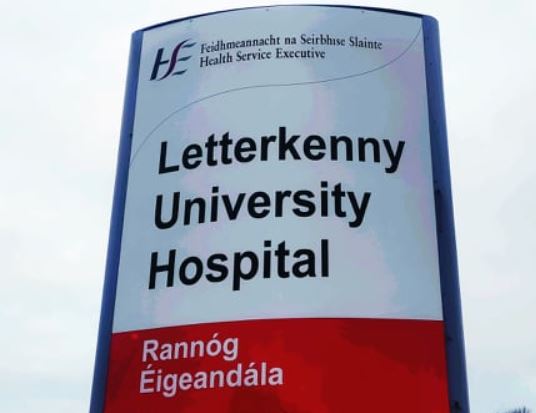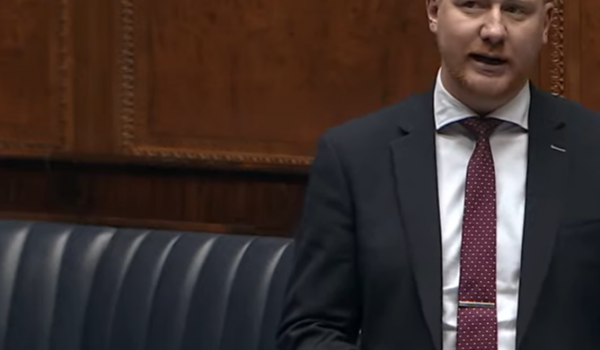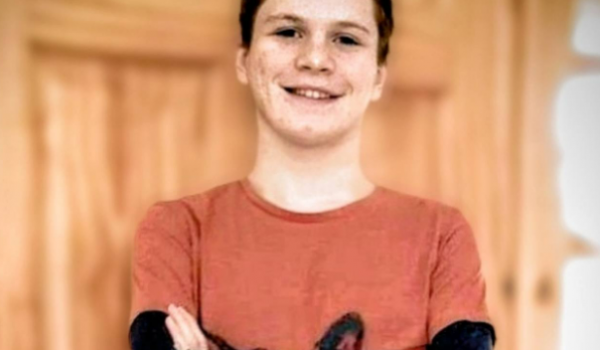
The Irish Hospital Consultants Association says around a third of posts at Letterkenny University Hospital remain unfilled, and that’s an issue that must be addressed.
The hospitals in Letterkenny and Sligo have over 45,000 people on waiting lists for assessment or treatment by a Hospital Consultant, that’s up 37% since 2015, while the numbers awaiting inpatient or day case treatment has increased by 57% over the same period.
Martin Varley is General Secretary of the IHCA – He says capacity must be increased as a matter of urgency…………..
IHCA Statement in full –
The Irish Hospital Consultants Association (IHCA) has today warned that the ongoing shortage of hospital Consultants across a large number of specialties in the North West is restricting patients from accessing timely, high-quality medical and surgical care and is contributing massively to growing waiting lists.
Letterkenny University Hospital (LUH) and Sligo University Hospital (SUH) combined have more than 45,000 people currently on waiting lists for hospital treatment or an outpatient appointment with a Consultant.1 This is an increase of 12,300 people (37%) since 2015.
The number of patients awaiting inpatient or day case treatment at LUH and SUH has increased by 57% over the past seven years to 6,200, with a worrying five- and six-fold increase respectively in the number waiting longer than a year for essential treatment.
Of the 37,200 people on outpatient waiting lists at both Letterkenny and Sligo Hospitals, a quarter (9,300) are waiting longer than 18 months – the HSE’s maximum wait time target due to be in place by the end of 2022.
The specialties with some of the longest outpatient waiting lists have also seen some of the largest increases over the past seven years:
| Hospital/ Specialty | Outpatient Waiting List April 2015 | Outpatient Waiting List April 2022 | Change | ||||||||||||
| Letterkenny University Hospital | |||||||||||||||
| Orthopaedics | 2,779 | 3,187 | +15% | ||||||||||||
| Cardiology | 711 | 2,177 | +206% – a 3-fold increase | ||||||||||||
| Dermatology | 638 | 1,292 | +103% | ||||||||||||
| Neurology | 433 | 860 | +99% | ||||||||||||
| Sligo University Hospital | |||||||||||||||
| Orthopaedics | 1,835 | 3,405 | +86% | ||||||||||||
| ENT | 1,713 | 2,500 | +46% | ||||||||||||
| Dermatology | 1,429 | 1,967 | +38% | ||||||||||||
| General Medicine | 806 | 1,756 | +118% |
In total, between April 2015 and April 2022, there have been an increase of 8,200 people in the outpatient waiting lists at the two hospitals, an increase of 28%. These waiting lists are likely to worsen in the coming months as more people who have put off seeking care during the pandemic need treatment.
Consultant recruitment and retention crisis
The IHCA says the severe shortage of Consultants in our public hospitals is the main contributor to the unacceptable delays in providing care to patients at our public hospitals.
The Consultant recruitment crisis in the North West is evident as one in three permanent Consultant posts at LUH are either vacant or filled on a temporary or agency basis, with one in four not filled as needed at SUH.2 Furthermore, of the 23 advertised competitions that were completed by the Public Appointments Service but failed to be filled in 2021, a quarter (6 Consultant posts, or 26%) were at either LUH, SUH or in the North-West region of CHO1.3
In fact, there were no applicants at all last year for the following Consultant posts:
- Physician in Geriatric Medicine at SUH and Older Persons Services Sligo/Leitrim;
- Clinical Neurophysiologist at SUH/UHG;
- Two Child & Adolescent Psychiatrists in Sligo/ Leitrim Mental Health Service (MHS);
- Consultant in Old Age Psychiatry in Donegal West MHS.
In addition, a joint ENT Surgeon post for SUH and LUH remains unfilled despite three extensions to its deadline, while a Consultant Microbiologist post at Letterkenny remains unfilled even though it was advertised for over a year and extended seven times.
A False Economy
The IHCA says the failure to recruit Consultants to fill these and many other vacant posts across the country has led to the HSE’s medical/dental agency spend increasing from €37m in 2012 to €95m in 2021.4 This increase of €58m per annum, or more than two-and-a-half times the 2012 costs, does not include additional agency spend by voluntary hospitals.
Letterkenny spent the third highest amount on medical agency doctors in the country last year, at a cost of €5.025m. Combining that figure with the medical agency spend at SUH (€2.339m) and in CHO1 (€1.823m) gives an overall bill of €9.187m for the region – almost 10% of the national total.
Commenting on the waiting lists and Consultant vacancies, IHCA President Professor Alan Irvine, said:
“Failing to recruit Consultant medical and surgical specialists in the North West will inevitably lead to patient harm, poor clinical outcomes, exposure to high compensation costs and increased spending on temporary agency staff.
“The severe shortage of Consultants in our public hospitals is the main contributor to the unacceptable delays in providing care to patients at our regional hospitals. These growing waiting lists demonstrate the impact of years of Consultant shortages and underinvestment in capacity across public hospitals in the region.
“22% of all approved permanent Consultant posts nationally are either vacant or filled on a temporary or agency basis – 838 posts. This has resulted in the employment of agency staff at often twice the cost of retaining such specialists through direct employment.
“The growing waiting lists and Consultant vacancies in the region highlight once again the false economies that exist in our health system which benefit no one.
“Ending the discrimination and restoring pay parity for Consultants contracted after October 2012 is essential if the Irish health service is to be competitive in international recruitment terms and better equipped to fill the increasing number of vacant permanent posts.
“It is imperative that the Minister for Health, Mr Stephen Donnelly, appoints a replacement Independent Chair in agreement with the representative organisations to restart the hospital Consultant contract talks that have been stalled for five months. This is vital if we are to address the root causes of the Consultant staffing crisis and bring down waiting lists.”





